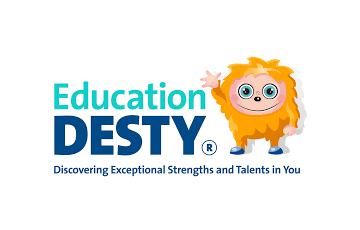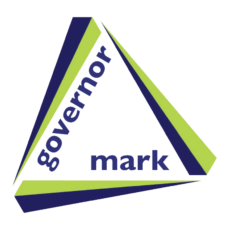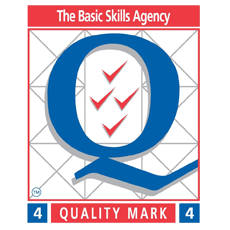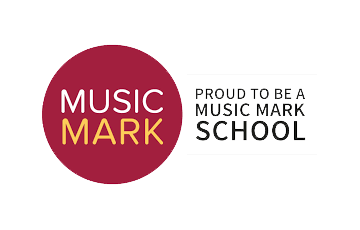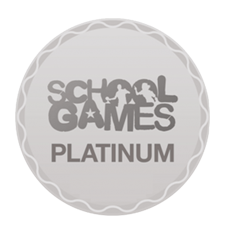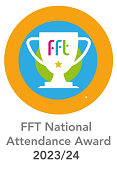Modern Foreign Languages


Mrs R Orledge - MFL Subject Leader Mr P Cass - MFL Link Governor
Intent
At Eccleston Lane Ends our intent for the Modern Foreign Languages element of our school curriculum is to foster children's curiosity and deepen their understanding of the world and other cultures. Teaching should enable children to express their ideas and thoughts in another language and to understand and respond to its speakers, both in speech and in writing. Language teaching should provide the foundation for learning further languages, equipping children with the knowledge of how important other languages can be in their future.
Implementation
MFL is taught weekly in 30 minute sessions throughout the whole school year from EYFS to Year 6. The curriculum is based upon the PLN scheme of work and is planned out showing clear progression from EYFS all the way through to KS2. The four main areas are covered – listening, speaking, reading and writing. There is a clear program of phonics teaching, grammar teaching and new vocabulary weaved throughout the curriculum, building upon and consolidating prior knowledge at each step.
EYFS
MFL is taught on a weekly basis in Reception class from mid Aut 1 term right through to the end of the academic year.
The children learn through songs, games, poems and stories with lessons tailored to meet their developing needs. Following on from the whole class session, the children are usually offered a follow on activity completed with the teacher in small groups during continuous provision time.
Through the teaching of MFL, opportunities will be planned to cover the following areas:
Personal, Social and Emotional Development
- Build constructive and respectful relationships •Be confident to try new activities and show resilience and perseverance in the face of challenge •work and play cooperatively and take turns with others.
Communication and Language
- Understand how to listen and why listening is important. •Learn new vocabulary. •Listen carefully to rhymes and songs, paying attention to how they sound. •Learn rhymes, poems and songs. •Participate in small group, class and one to one speaking activities.
Understanding the World
- Recognise some similarities and differences between life in this country and life in other countries.

Impact
By the end of Year 3, children should be able to recall key vocabulary and phrases to share information linking to their lives and wider world.
By the end of Year 4 , the children should have built a varied Spanish vocabulary about themselves and the world around them that they can create conversations and use these to share information with others.
By the end of Year 5, the children are becoming more confident to communicate a range of Spanish words and phrases orally and written to share and describe information about themselves, animals and a variety of food and drink.
By the end of their time at Eccleston Lane Ends children in Year 6 should be confident to use a range of Spanish words and phrases accurately to communicate a range of information in a variety of ways. Children are confident moving on to secondary education with a foundation of Spanish.



